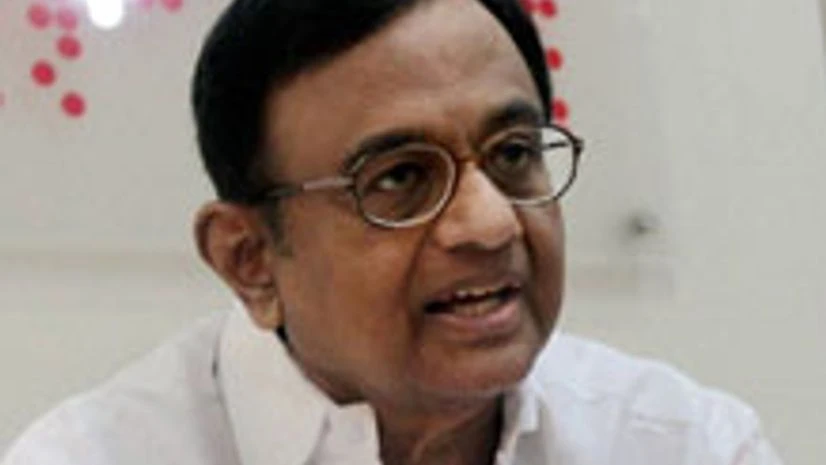As India faces problems in capital flows, Finance Minister P Chidambram today apprised US companies of steps being taken by New Delhi to raise foreign direct invesment caps on various sectors on the lines of Arvind Mayaram panel. The finance minister asked US companies to set up manufacturing facilities in India, assuring them of fair and non-discriminatory enviornment. He also raised concerns over the US immigration bill.
Chidambaram met representatives of US companies -- Microsoft, Lockheed Martin, Boeing, International Lease Finance Corporation (ILFC) among others-- in Washington and informed them about recommendations of the Arvind Mayaram Committee on enhancing FDI caps in many sectors, and the steps being taken to implement the recommendations.
The Finance Minister also met US Senator Max Baucus, who is the chairman of the Senate Finance Committee.
More From This Section
The Mayaram committee has recommended that only nine sectors-- FM radio, up linking news and current affairs; print media (news and current affairs);commodity exchanges; stock exchanges along with depositories and clearing corporation; power exchanges; petroleum and natural gas refining and insurance, defence Production and security agencies in the private sector--- be categorised as the ones where Indian ownership and control is essential. Hence, it recommended 49 per cent foreign investment cap in these sectors.
This means that minimum cap of 26 per cent on FDI will be raised to 49 per cent in many sectors, including insurance.
The sectors --- banking, multi-brand retail trading, satellite establishment and operations, investment by foreign airlines in domestic scheduled passenger airline -- are proposed to open up for 74 per cent FDI.
The panel suggested that sectors where Indian control and ownership is not material, 100 per cent foreign investment be allowed.
Among these categories fall telecom, mining, single brand retail, pharma, holding companies, asset reconstruction company and tea sector, including plantations.
Chidambaram had earlier said that recommendations may come up before the Cabinet in the third week of July. However, certain ministries like defence have reservations over the recommendations.
The Finance Minister emphasized the need for U.S companies to set-up local manufacturing bases in India, saying “it is in the mutual interest of both countries for India to become a large manufacturing base.
In his meeting with the Senator Max Baucus, Chidambaram stated that while some concerns have been expressed about the current business environment in India, the policies adopted by the Government are "pro-growth and WTO compliant". He stressed that New Delhi is committed to ensure a transparent, fair and non-discriminatory investment environment for foreign investors seeking to do business in India.
The Finance Minister also underscored Indian concerns about the provisions in the Comprehensive Immigration Reform Bill relating to skilled non-immigrant visas.
Merger and acquisitions among Indian information technology (IT) firms might go up if the US immigration Bill becomes a reality, say industry experts and bankers.
Experts believe the provision of limiting the proportion of H1-B/L1 visa workers relative to total US employees to 50 per cent will make Indian companies increase their onsite presence. The H1-B/L1 documents are non-immigrant visas that allow US employers to temporarily employ foreign workers in specialty occupations.
The companies appreciated the recent move of the Finance Ministry on transfer pricing.
The income-tax department last month revoked its recent circular on adoption of profit-split method as a preferred mode for computing tax liability on multinational companies’ development centres in India. It also clarified that another circular, relating to the parameters defining R&D centres, would be suitably modified.
The two circulars, issued in March this year, had drawn serious concerns, especially from technology and pharma companies.

)
